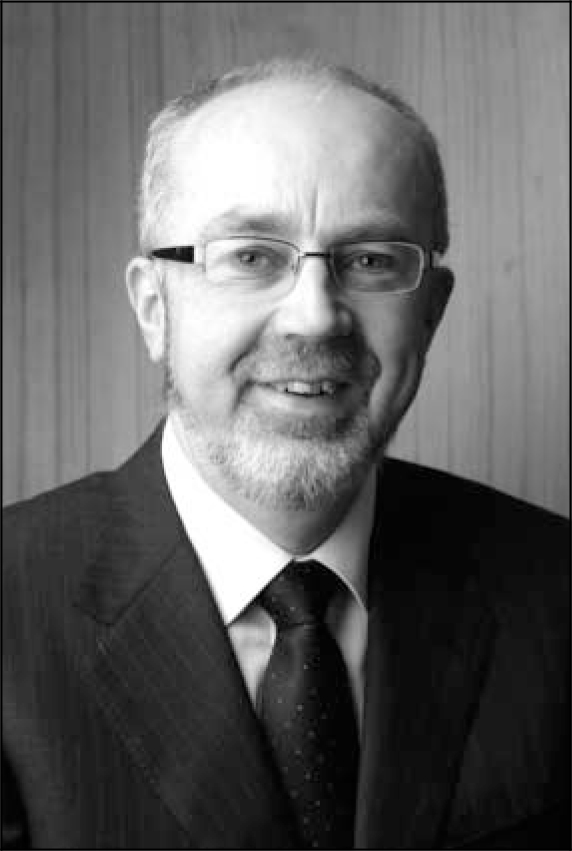Justin Brophy is the foundation president of the College of Psychiatry of Ireland, Consultant Psychiatrist and Clinical Director, Wicklow Mental Health Services, Ireland. He trained at Fulbourn Hospital, Cambridge, and University College Hospital, Galway. His special interests include suicide and mental health services.
If you were not a psychiatrist, what would you do?
I have conflicted fantasies between safari park vet, agri-technologist, theatre director or Buddhist monk. Redmond O’Hanlon has a nice number. Perhaps Professor Van Helsing in former times.
What has been the greatest impact of your profession on you personally?
The necessary neglect of other avenues.
Do you feel stigmatised by your profession?
By some medics, but thankfully only a minority.
What are your interests outside of work?
Family and friends. Regrettably also, matters culinary. Tools, devices, implements and gadgets also compel.
Who was your most influential trainer, and why?
Professor TJ Fahy who knew that patients deserved only the best. German Berrios was both Oracle and Sage. Jon Sklar's Ballint group had the most enduring impact on my practice.
What job gave you the most useful training experience?
The Cambridge rehabilitation job (pre-clozapine era) under the enlightened benevolence of Graham Petrie.
Which publication has influenced you most?
A Magill magazine article in 1981 on mental health services and the annual reports of the Inspector of Mental Hospitals.

How has the political environment influenced your work?
I established the Spike Milligan Prize. I also mooted and, along with others, established the Irish Psychiatric Association.
What part of your work gives you the most satisfaction?
A person getting better against the odds.
What do you least enjoy?
Correspondence.
What is the most promising opportunity facing the profession?
A greater understanding of the determinants of adaptive neuroplasticity and what this will bring to clinical practice.
What is the greatest threat?
An unchecked propensity for own goals by the profession and the unchecked liberties afforded to maverick psychiatrists (orthodox and heterodox). We should speak publicly with great care, infinite caution and the prospect of rebuke.
What single change would substantially improve quality of care?
Continuity.
What conflict of interest do you encounter most often?
To act or not to act, and when.
What is the role of the psychiatrist in countries emerging from conflict?
To embody hope and humanity and to rein in the vindictiveness of victim and victorious both.
What is the most important advice you could offer to a new trainee?
Be consistently curious, attentively rapt and optimistically patient, like the proverbial butcher's dog.
What are the main ethical problems that psychiatrists will face in the future?
Lowered practice standards, a ‘dumbing down’ of the paradigm and conjoining justifications for non-treatment.
Do you think psychiatry is brainless or mindless?
Neither, but the proposition is both. Try keeping a pet.
What is the role of the psychiatrist in rebuilding healthcare systems?
To advance the seditious consequences of ‘all health is mental health’.
What single change to mental health legislation would you like to see?
Minimum treatment standards by right.
What single area of psychiatric practice is most in need of development?
Helpfulness, regardless of diagnosis.
What single area of psychiatric research should be given priority?
The determinants of recovery.
How would you like to be remembered?
Who?



eLetters
No eLetters have been published for this article.